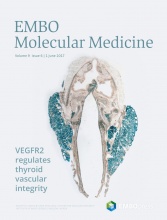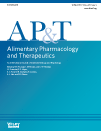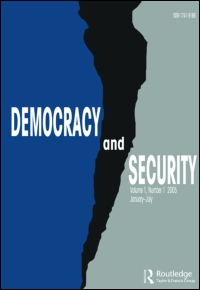 An EMBO journal has issued a correction for a well-cited 2012 review co-authored by a cancer researcher under investigation.
An EMBO journal has issued a correction for a well-cited 2012 review co-authored by a cancer researcher under investigation.
Carlo Croce, the last author on the review, has been beleaguered by misconduct accusations that have followed him for years (recently described in a lengthy article in the New York Times), and his university has recently re-opened an investigation into his work.
By our count, Croce — based at The Ohio State University — has logged six retractions, along with multiple expressions of concerns and corrections. The latest correction, in EMBO Molecular Medicine, notes the review lifted passages from multiple publications — and was in turn reused in later papers, as well.
Here’s the notice:
Continue reading OSU researcher under investigation corrects paper cited 500 times
 A gastroenterology and hepatology journal has retracted a 2017 review after discovering it included data “accessible only during peer review for another journal.”
A gastroenterology and hepatology journal has retracted a 2017 review after discovering it included data “accessible only during peer review for another journal.” The authors of a popular — and heavily debated — F1000Research paper proposing a method to prevent scientific misconduct have decided to retract it.
The authors of a popular — and heavily debated — F1000Research paper proposing a method to prevent scientific misconduct have decided to retract it. A former University of Colorado Boulder graduate student is suing his ex-advisor for defamation after being shooed out midway through his doctoral program.
A former University of Colorado Boulder graduate student is suing his ex-advisor for defamation after being shooed out midway through his doctoral program. 




